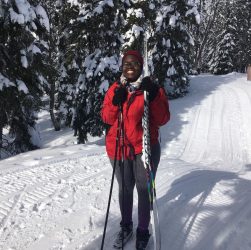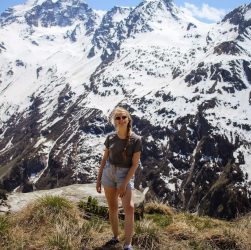Pre-departure: The journey for me started with finding a university to apply to. Although I initially was set on going …


Pre-departure: The journey for me started with finding a university to apply to. Although I initially was set on going …

Pre-Departure: Pre-departure is a blur of paperwork and ceaseless emails. I thankfully already had a European passport, so I didn’t …

My experience travelling abroad on a semester exchange programme differs slightly from the norm in that I did not apply …